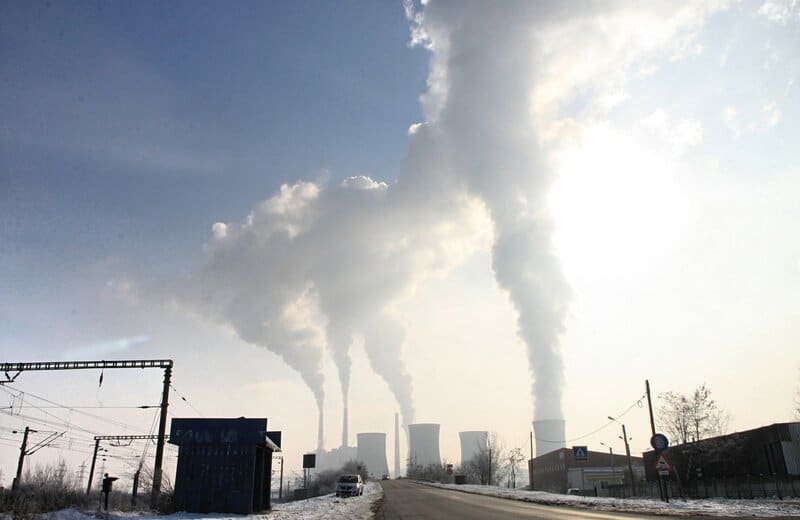A barrister specialising in environmental cases has warned that air pollution will lead to mass migration, saying that it “does not respect national boundaries and environmental degradation.” The comments were made in the wake of a landmark migration ruling in France, where a man citied air pollution as a reason not to be deported.
—
What is Happening?
- The comments follow a decision by a French court in mid-January on a case involving a Bangladeshi man with asthma who avoided deportation from France after his lawyer argued that he risked a severe deterioration in his condition, and possibly premature death, due to the dangerous levels of pollution in his homeland, overturning an expulsion order.
- It is believed that this is the first time that the environment was cited by a court in an extradition hearing, but as air pollution levels continue to rise around the world, it will likely not be the last.
You might also like: Ecofeminism: Where Gender and Climate Change Intersect
The barrister, Sailesh Mehta, says, “The link between migration and environmental degradation is clear. As global warming makes parts of our planet uninhabitable, mass migration will become the norm. Air and water pollution do not respect national boundaries. We can stop a humanitarian and political crisis from becoming an existential one. But our leaders must act now.” He added, “We have a right to breathe clean air. Governments and courts are beginning to recognise this fundamental human right. The problem is not just that of Bangladesh and the developing world. Air pollution contributes to around 200,000 deaths a year in the UK. One in four deaths worldwide can be linked to pollution.”
- In 2020, Bangladesh ranked 179th in the world for air quality, and according to the WHO, the country has a concentration of atmospheric fine particulate matter that is six times the recommended maximum.
- Globally, air pollution causes 7 million premature deaths annually, so it is likely that more people will feel compelled to migrate in search of clean air. As such, safe and legal routes to allow people to migrate need to be established. Thankfully, this is already happening as a ruling by the UN human rights committee a year ago found it is unlawful for governments to return people to countries where their lives might be threatened by the advancing climate crisis.
- In the next decade, tens of millions of people are expected to be displaced by global warming.
- We know what needs to be done to address air pollution and subsequently, climate change; we need to firstly phase out the use of fossil fuels and secondly utilise innovative technologies like carbon capture and storage.

















